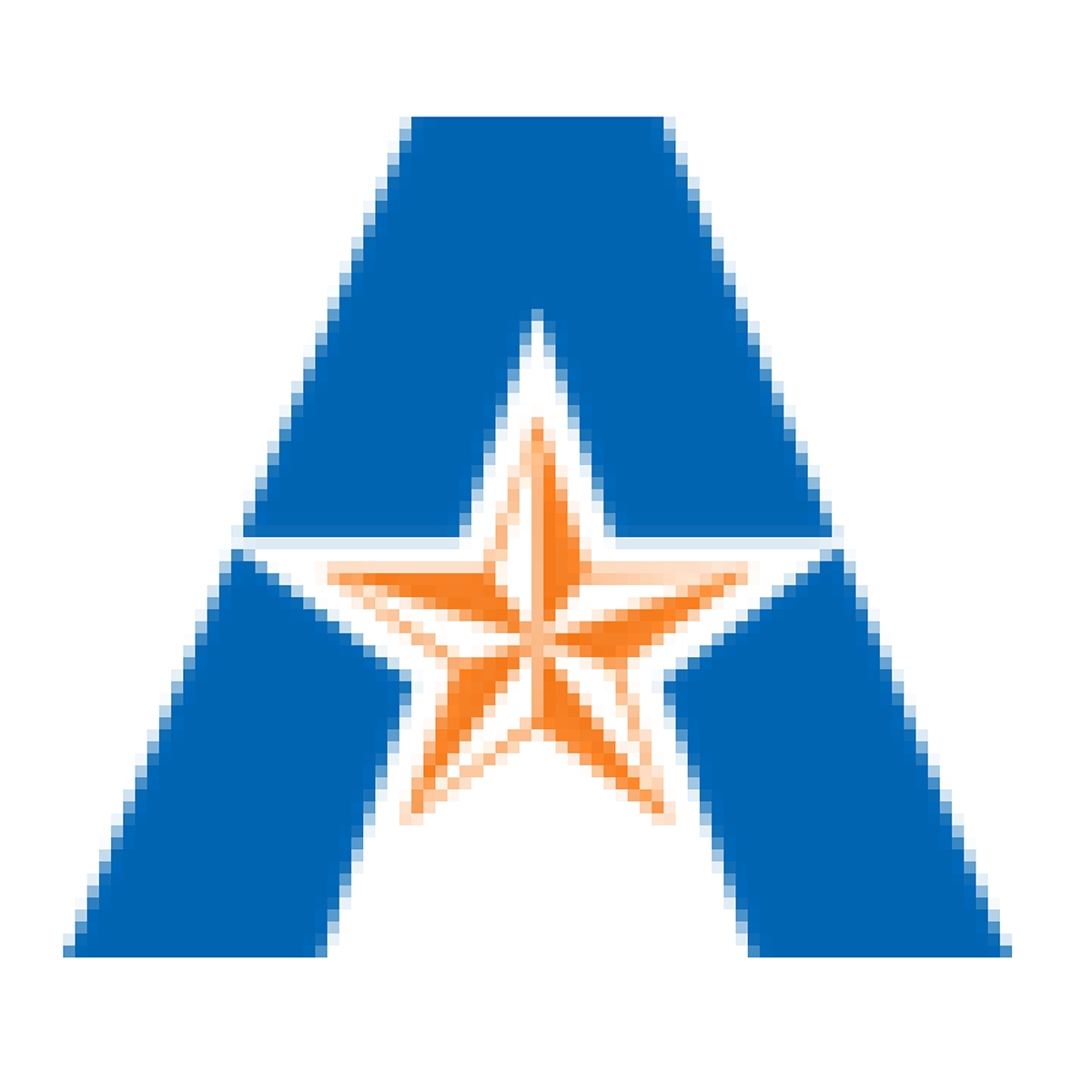
In our goal to offer the very best educational experiences possible to our students, Deer Park School District is always looking to grow in ways that impact student learning. As we seek to better serve and educate students, we've added eight (8) one-hour late start days to the 2022-23 year.
What the purpose? What’s the goal? We're striving for better, more closely coordinated instructional practices that result in more achievement, and most importantly, increases in growth by our students.
While many districts in our region and throughout the state have built late start days into every week of their school calendar, we remain very cognizant of the importance of maximizing instructional minutes and also understand that changes to the school schedule can be hard for families - especially in homes where parents/guardians are tied to a work schedule. With this in mind, we’ve chosen to limit the number of late start days to just eight.
So, what exactly is changing?
We’ve chosen to start school one hour late on the last Wednesday of every month, with the exception of December and June (no late starts in either of those months). This means that on the following dates, the regular start of the school day will be pushed back by 1 hour and buses will pick students up one hour later than normal.
▪ September 28
▪ October 26
▪ November 30
▪ January 25
▪ February 22
▪ March 29
▪ April 26
▪ May 31
NOTE: Each of the eight late start Wednesdays has been identified on the printable 2022-23 District Calendar. Also, given Deer Park Home Link's unique daily schedule, Home Link will NOT start one hour late on these days.
Why has the Deer Park School District chosen to make these changes?
Deer Park School District believes that one of the most effective ways to improve instructional practice that results in both student achievement and growth is by focusing on student learning in staff teams called Professional Learning Communities (PLCs). A compelling body of educational research strongly supports this strategy. By adding this additional hour of collaborative time each month to the time teachers already spend working together, we intend to create a larger block of time for collaboration around the work we do collectively with and for students. Please allow me to be very clear, this is not “free” time or self-directed work, this time is strictly dedicated to examining student work, analyzing and tracking growth, and collaborating on instructional strategies.
What’s to gain?
DPSD has used the PLC framework for years, and believes adding these eight additional hours of collaborative time will help teachers improve and grow in ways that directly impacts student learning. Using student data reviewed in their PLC groups, teachers will design additional time and support for students who need it, as well as enrichment for students who already meet standards. The number of instructional minutes available to students in Deer Park Schools is near the highest in the region (again, many districts have implemented a late start schedule on a weekly basis), and even minus these eight hours, instructional minutes will continue to remain amongst the highest in the area.
How will we know the changes are having a positive impact?
Accountability is central to the success of PLCs. Not only will staff have the opportunity to spend additional time analyzing and tracking student growth, but we also believe time spent in that endeavor will bolster the information teachers provide to parents in conferences as well as other mechanisms for communicating student progress with parents. Building administrators will also be working with staff to ensure that the PLC time used on Wednesdays remains squarely focused on student achievement and growth.

